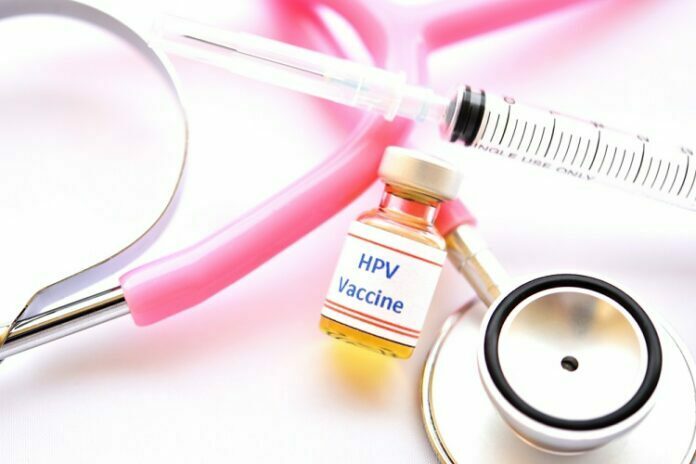Human papillomavirus (HPV) is among the leading sexually transmitted infections in the United States. There are more than 100 different types of HPV, and many people who have it do not know. According to the Centers for Disease Control and Prevention (CDC), about 79 million Americans have Orlando HPV. About 14 million individuals are infected every year. The virus is passed through skin-to-skin contact, usually during sexual activity.
Table of Contents
How do you get HPV?
You can be infected through direct contact with the skin of someone with the virus. It is passed through sexual activity, including vaginal, anal, and oral sex, as well as skin-to-skin contact with the genitals of someone with the virus. You can be infected with HPV even if you have only one sexual partner your whole life, especially if they are infected. But, having multiple sex partners increases your risk of getting it.
What are the symptoms of HPV?
Genital warts
The main symptom of HPV is that it causes genital warts in men and women. The virus is transmitted by skin-to-skin contact during sexual activity. Warts are the most common symptom of HPV. They appear as soft, fleshy growths on or around the genitals or anus. These growths can sometimes be painful. Warts may remain small or grow to be larger than one inch in diameter. A doctor usually diagnoses warts after a physical examination of the penis, vagina, scrotum, groin, thighs, or anus. However, there may be no visible signs of HPV if the virus is inactive or has been successfully treated.
Cancer
Two main types of HPV can cause cancer. These include high-risk HPV and low-risk HPV. Low-risk HPV does not cause cancer but can cause warts in both men and women. However, most people who have low-risk HPV never develop symptoms, and the virus goes away on its own. On the other hand, high-risk HPV strains are more dangerous than low-risk strains because they can eventually lead to cancer if left undetected or untreated.
How is HPV treated?
In most cases, the human immune system wipes away HPV naturally in two years. But sometimes, it does not go away on its own, leading to health problems like genital warts and cancer.
The CDC recommends that 11- to 12-year-old boys and girls get the vaccine that protects against four types of HPV. Two that cause genital warts, one that causes abnormal Pap tests, and one that causes most cases of cervical cancer. The CDC recommends the vaccines to women through age 26 and men through age 21 who did not get any or all doses when they were younger. The vaccine is also recommended for gay, bisexual, and other men who have sex with men, transgender women, and people with compromised immune systems.
HPV can be transmitted even when an infected person does not display signs or symptoms. It is also possible to get more than one type of HPV at the same time. Even if you are currently showing no signs of the virus, it is important to know you may be infected and take steps to prevent spreading it to others, such as using condoms with every new partner and getting regular Pap tests. Also, consults Contemporary Women’s Care professionals to learn more about HPV.















